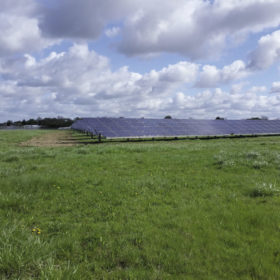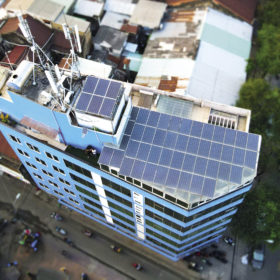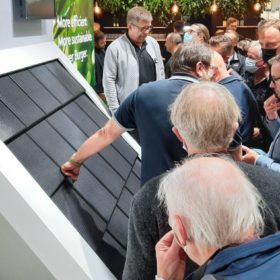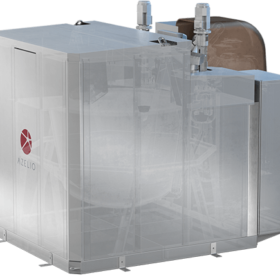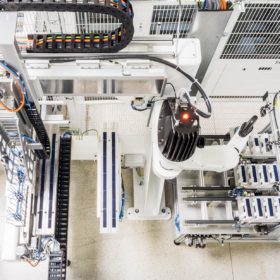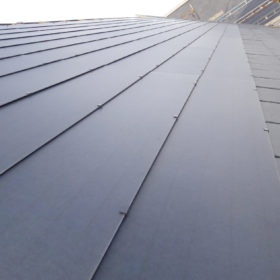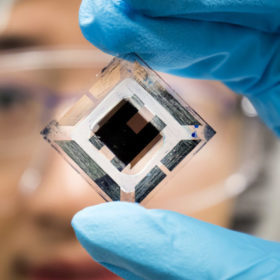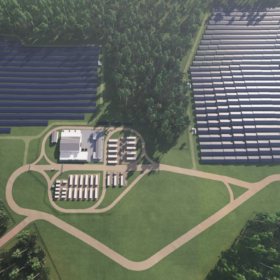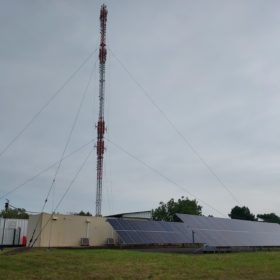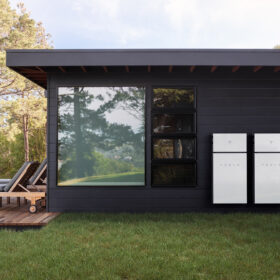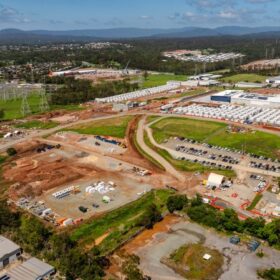Octopus Energy, RES to invest in UK green hydrogen economy
Octopus Energy and RES have announced a new partnership under which they plan to invest GBP 3 billion (AU$5.5 billion) in the construction of green hydrogen plants throughout the United Kingdom by 2030.
EDF Renewables invests in Vietnamese PV rooftop market
The French energy group has invested an undisclosed sum in Vietnam’s SkyX Energy. The goal is to install 200 MWp of C&I PV rooftop capacity in the country.
Reliance Industries acquires 100% stake in REC Group, plans new manufacturing bases
India headquartered multinational Reliance Industries, through its subsidiary Reliance New Energy Solar Limited, yesterday announced the acquisition of Norway headquartered module manufacturer REC Group. The move comes as Reliance pushes forward with its US$10 billion plan to move in on the renewable energy industry, having also this week announced acquisition of a 40% share in EPC provider Sterling & Wilson.
Meyer Burger unveils new solar tiles
Meyer Burger plans to start selling a new building-integrated PV product from 2022. It says the solar tiles have a high energy yield, with simplified installation and the ability to also provide heating. German engineering company paXos designed the tiles.
Electro-thermal storage system for commercial applications launched
Developed by Swedish manufacturer Azelio, the system stores renewable energy in recycled aluminium and has an electrical and thermal energy output, with a total efficiency of 90 %. One unit’s storage capacity reaches 165 kWh of electrical output and on top of that thermal energy between 55-65 degrees Celsius. Its modular configuration allows the deployment of projects with a capacity of up to 100 MW.
New ‘matrix’ layout for shingled solar cells
German equipment supplier M10 and research institute Fraunhofer ISE will unveil a new prototype stringer for shingled module layouts at the Intersolar Europe trade show later this week. Employing an offset layout for the shingles, the approach promises a relative efficiency gain of up to 6%, compared to a conventional half-cell module.
Solar tile with 14.2% efficiency from Denmark
Dansk Solenergi ApS has developed a 13.6 kg tile that can be used for both new buildings and building renovation. The device is currently being produced in Denmark, where the company operates a 40 MW line.
New discovery could make organic PV competitive with crystalline silicon
A group of international researchers has observed how non-radiative charge recombination occurs in organic PV and claims to have identified a potential solution that could bring this solar tech closer to crystalline silicon in terms of power conversion efficiency.
HDF to construct baseload power plant using green hydrogen, plans Australia expansion
The project includes a solar park coupled with what HDF Energy claims is the “largest green hydrogen storage of intermittent electricity sources” at 128 MWh. Importantly, the company also simultaneously announced expansion plans into Australia, saying its hydrogen technology will soon be available here, adding that it has “projects already in development for Australia”.
Solar-plus-hydrogen for air traffic control
A 19.8 kW PV system is powering a telecommunications antenna at a French air control centre. When it produces more energy than needed, the surplus is used to produce hydrogen which is then utilised to produce new electricity via a fuel cell system and provide power to the antenna during a period of up to five days. For short-term storage, lithium-ion batteries are used.
